Humans
Sign up for our newsletter
We summarize the week's scientific breakthroughs every Thursday.
-
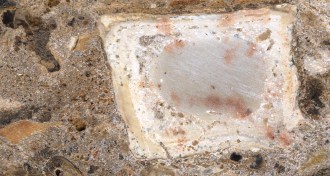 Archaeology
ArchaeologyFire used regularly for cooking for 300,000 years
Israeli cave yields a fireplace where Stone Age crowd may have cooked up social change.
By Bruce Bower -
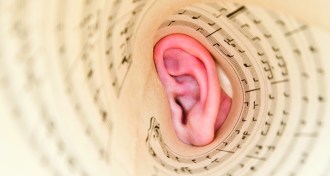 Psychology
PsychologyLend an ear to science
Pop music hit maker Clive Davis knows a catchy song when he hears one. Now an app aims to define that elusive quality more concretely.
-
 Health & Medicine
Health & MedicineMesh best for hernia repair
Data from nine studies show fewer recurrences than fixes with sutures only.
By Nathan Seppa -
 Health & Medicine
Health & MedicineHighlights from the International Stroke Conference
Clotting risk after pregnancy, driving after a stroke and more presented February 12-14 in San Diego.
By Nathan Seppa -
 Psychology
PsychologyStress hormone rise linked to less risky financial decisions
People given cortisol chose safer options, suggesting inherent risk aversion as an overlooked variable in financial crises.
-
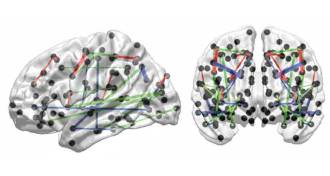 Neuroscience
NeuroscienceWhite matter scaffold offers new view of the brain
A new neural map of white matter connections may explain why some injuries are worse than others.
-
 Health & Medicine
Health & MedicineProject to collect 100,000 people’s medical data
Tracking microbiomes, blood tests and more over decades could provide individual health recommendations.
-
 Health & Medicine
Health & MedicineCocaine use appears to boost stroke risk in young people
A study of young and middle-aged adults adds to evidence of the drug’s harmful effects.
By Nathan Seppa -
 Neuroscience
NeuroscienceGene adds wrinkle to brain development
Mutations in the gene GPR56 results in misshapen folds in the brain tied to intellectual and language disabilities.
-
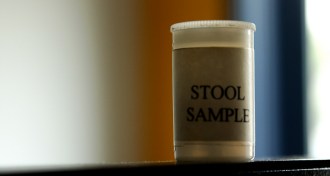 Health & Medicine
Health & MedicineIntroducing the first bank of feces
A new nonprofit called OpenBiome is hoping to do for fecal transplants what blood banks have done for transfusions. It’s a kind of Brown Cross.
-
 Health & Medicine
Health & MedicineDrug injection could limit heart attack damage
Study in pigs suggests hydrogel treatment might minimize the risk of heart failure in survivors.
By Nathan Seppa -
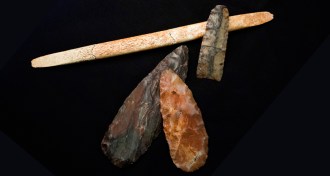 Humans
HumansClovis baby’s genome unveils Native American ancestry
DNA from skeleton shows all tribes come from a single population.